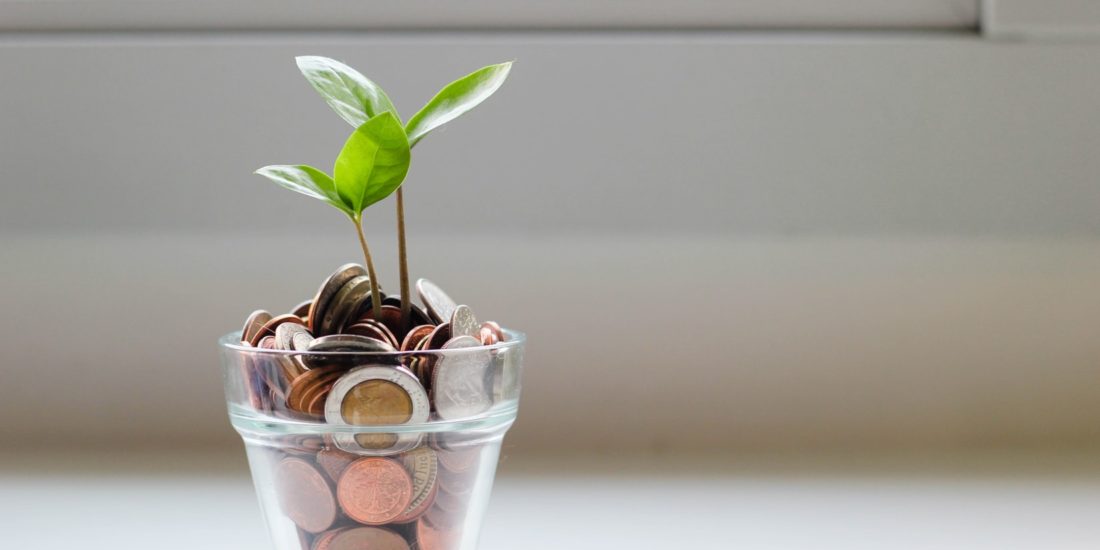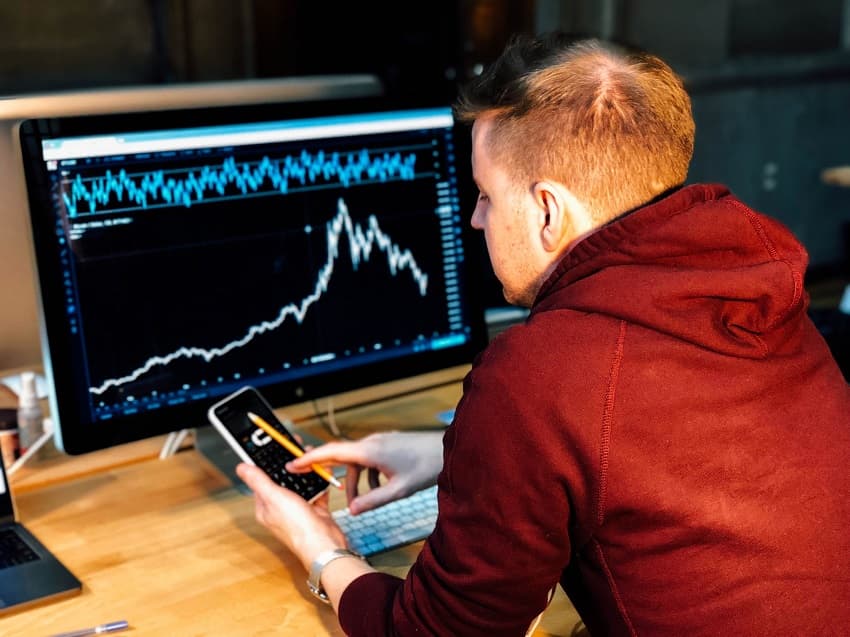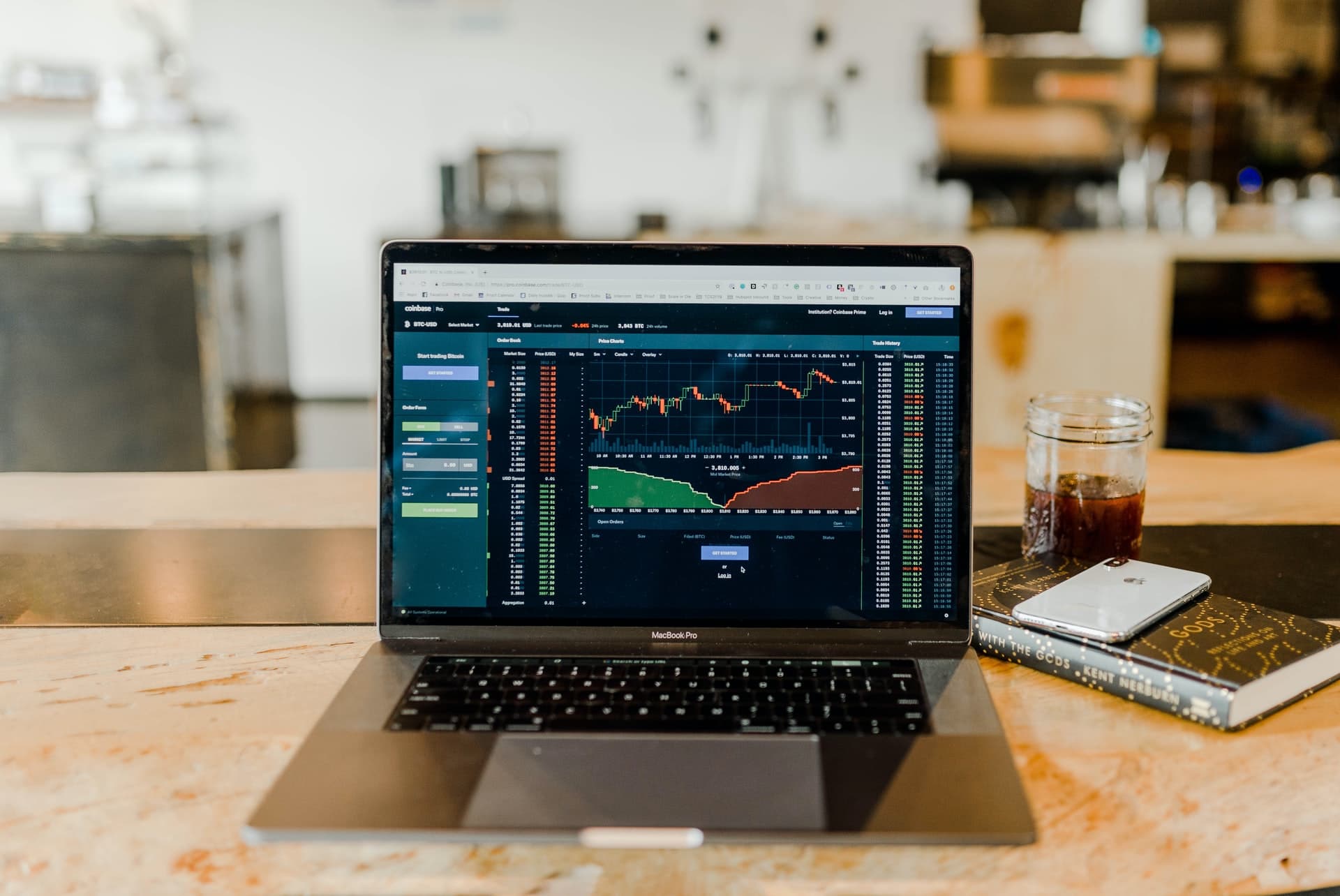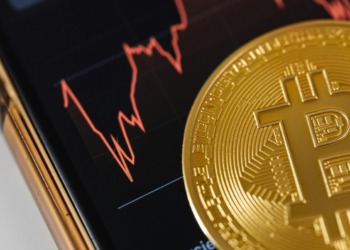Environmental, social, and governance-minded, or ESG, investing has never been so profitable and it’s becoming a trend. It is not anymore only for those “generous and wealthy” but it is becoming a viable option for many other people.
ESG is a broad asset class, referring basically to any investment that considers ethical criteria as well as the financial. The idea behind ESG investing is that any business which fits into these criteria will be well-positioned to thrive in the future. Destructive and socially irresponsible businesses are not sustainable. Those that do not conform to ESG criteria will ultimately fail thanks to their very structure and practices.
ESG is often used interchangeably with SRI or Socially Responsible Investment. While the two asset classes are very similar, they are not identical. ESG takes into account profitability, business operations, and other typical ways of judging a potential investment as well as environmental, social, and governance factors. SRI, however, is purely focused on ethical criteria and gives no regard for a company’s financial potential.
Investing into ESG companies has always been a way for the socially responsible rich to put their money towards good causes – ranging from the environmentally sustainable to investing in organizations that work to improve labor laws and human rights issues, and everything in between.

Despite it being partially value-driven, ESG investing is indeed financially motivated and is not to be conflated with simply giving to charity. However, an ESG-focused investor typically must have both a belief that socially responsible companies are the ‘way forward’ as it were, as well as a large enough amount of capital to invest confidently in these companies. ESG investors will expect significant returns only in the very long-term, as the sustainable sector has not yet reached its period of rapid expansion.
An ESG-focused investor will, therefore, sacrifice the immediate profits one could make from investing elsewhere in favor of hopeful long-term returns, as well as the knowledge that these companies are furthering positive social change.
While this has always been the convention in regard to ESG, it is changing drastically. We have seen accelerated growth in the sector in the last decade, with 6 out of 10 sustainable funds delivering higher returns than the wider market. Further, over the recent market drop, ESG funds have been stronger than ever, falling significantly less than their non-sustainable counterparts. In fact, 85% of UK IFAs have seen a rise in clients’ requests to allocate capital to ESG-integrated funds since the start of the pandemic.
RELATED ARTICLES: A Growing Alternative in a Global Crisis: Stakeholder Capitalism | How Fashion Could Become More Sustainable After Covid-19 | The Future of Green Finance | How Honest is Green Finance? A Look into Goldman Sachs | How Will We Finance the New Deal for Nature? | Beware of Greenwashing in Finance
There are long-term reasons for this recent change. A recent survey by Boring Money indicated that investors who prioritize environmental concerns are more likely to fall within a younger age group. As time goes by, more young people are investing their money, making it more likely for the average investor to be interested in environmentally sustainable assets.
Changes are also evident in our daily lives. As consumers, we have never been so environmentally responsible. From fast-food outlets around the world releasing vegan substitutes of their old favorites to the growing popularity of sustainable fashion, sustainable living is finally entering the mainstream. The growth of ESG investment mirrors this change in consumer values – this asset class will grow stronger and stronger as our lifestyle choices become more ethically motivated.
While there are long-term factors contributing to this shift towards sustainability, it is clear that the pandemic has acted as a trigger of sorts. For some reason or another, the crisis we find ourselves in has catalyzed global investment into companies that meet ESG criteria, despite being in the midst of one of the most troubling economic periods in recent history.

Whether this increased social responsibility from investors can be put down to a realignment of our priorities away from the financial in the face of global tragedy as individuals start to appreciate the importance of the wider society in which they live, who’s to say. The COVID-19 pandemic will have untold consequences on the global psyche as we face problems we never have before. A change in investors’ attitudes, while not easily explicable, is just one of the many paradigm shifts that are occurring as we speak.
As these funds grow stronger, everyday investors wishing to safely invest their savings, retirement funds, or inheritances have more reason to do so in a sustainable way. It is starting to make financial sense to invest in the growing market that is sustainability.
This prospect offers a glimmer of hope in a period of uncertainty. The more money we put into sustainability, the less we pour into those companies which exploit the easily exploitable system we live in. Let us hit them where it hurts and make sustainable and ethically responsible investing profitable. With more and more support, the stronger this asset class will grow and the more prepared we are as a global society to enter into a more sustainable future.
Editor’s Note: The opinions expressed here by Impakter.com contributors are their own, not those of Impakter.com









